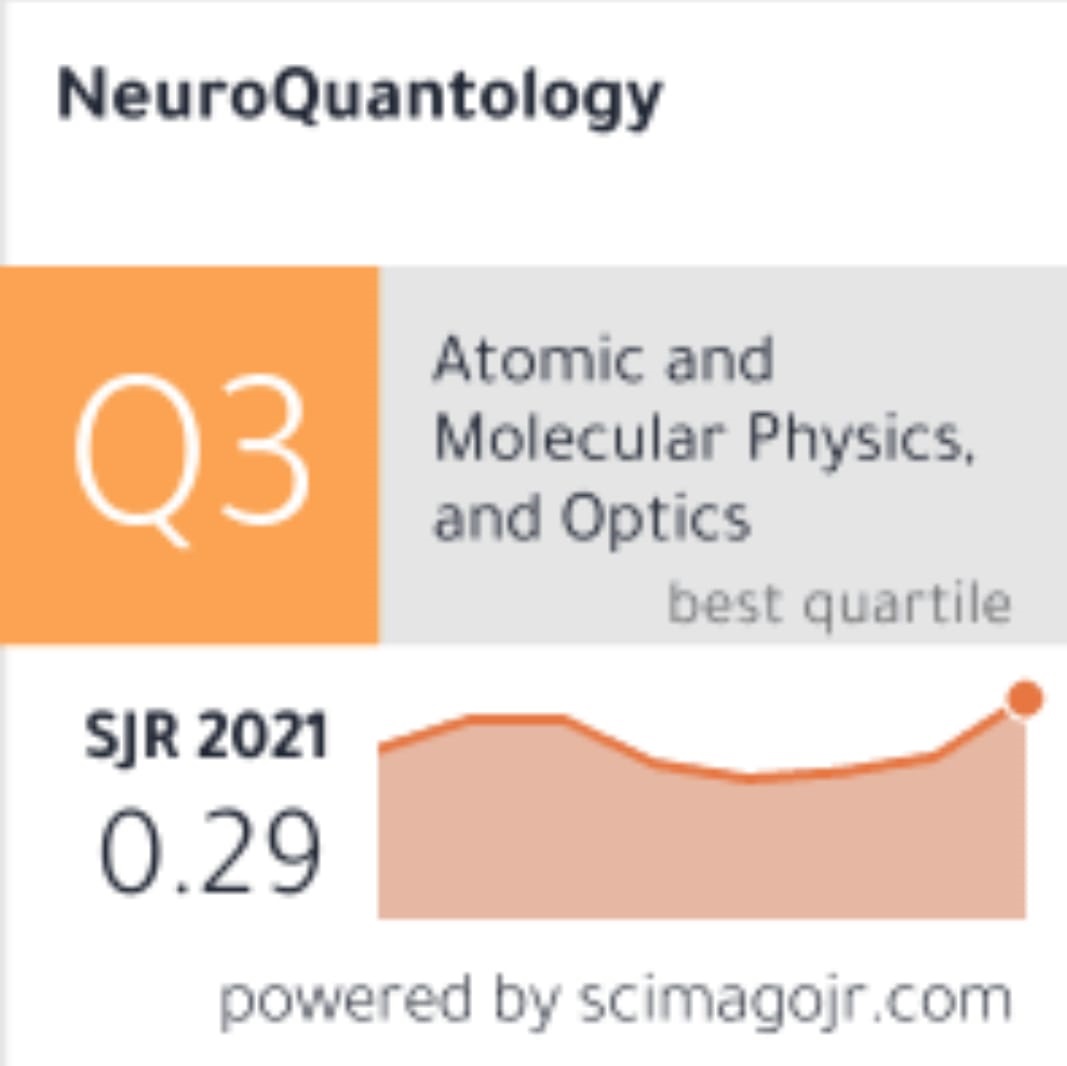


Volume 20 No 11 (2022)
Download PDF
Handwritten Signature Forgery Verification using Convolutional Neural Networks
Hassin Da. Khallaf, Abbas Hanon Alasadi
Abstract
A behavioral biometric is not based on the individual's physical properties, such as fingerprints or faces, but
behavioral ones. Every person has a distinctive signature, primarily used for personal identification and to
confirm the authenticity of important papers or legal transactions. In biometric authentication, signature
verification is an important study subject. The project aims to create a personal signature-based
authentication system. In this work, data extracted from the ICDAR dataset are used, which contains the
signatures of Dutch users, both genuine and fraudulent. The data was obtained from the Kaggle website.
Two different convolutional neural network strategies have been used to build the proposed model. In the
first strategy, the convolutional neural network model was built from scratch; in the second strategy, the
pre-trained model, VGG16, was utilized to classify genuine and forged signatures. The findings show that
the results of the VGG16 model represent the optimal model for signature forgery verification with an
accuracy of 99.8 %, precision of 100%, recall 99.5%, F1-score of 99.4%, and training time of 18 min 52 s
Keywords
Handwritten Signature; Offline Signature; Convolutional Neural Networks; Deep Learning
Copyright
Copyright © Neuroquantology
Creative Commons License
This work is licensed under a Creative Commons Attribution-NonCommercial-NoDerivatives 4.0 International License.
Articles published in the Neuroquantology are available under Creative Commons Attribution Non-Commercial No Derivatives Licence (CC BY-NC-ND 4.0). Authors retain copyright in their work and grant IJECSE right of first publication under CC BY-NC-ND 4.0. Users have the right to read, download, copy, distribute, print, search, or link to the full texts of articles in this journal, and to use them for any other lawful purpose.
